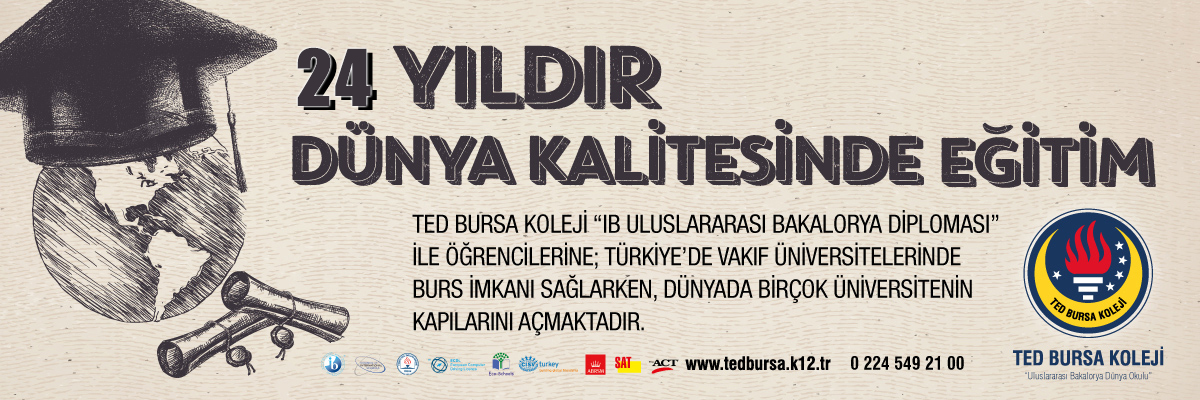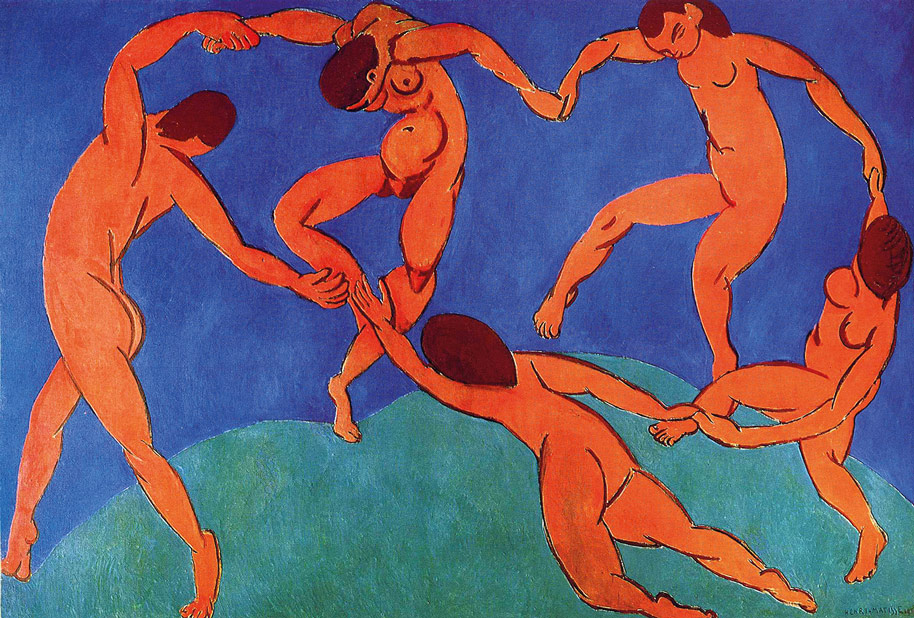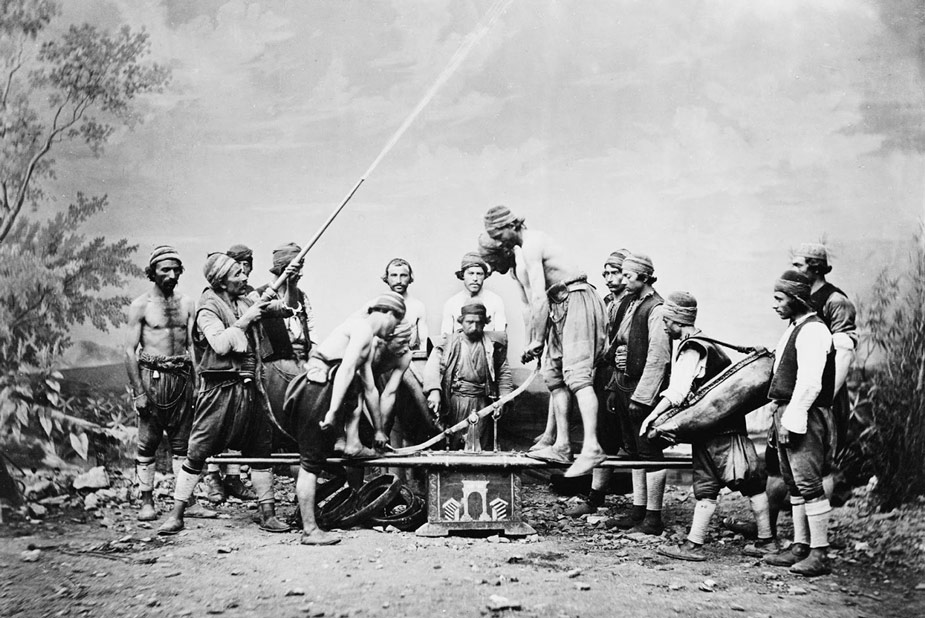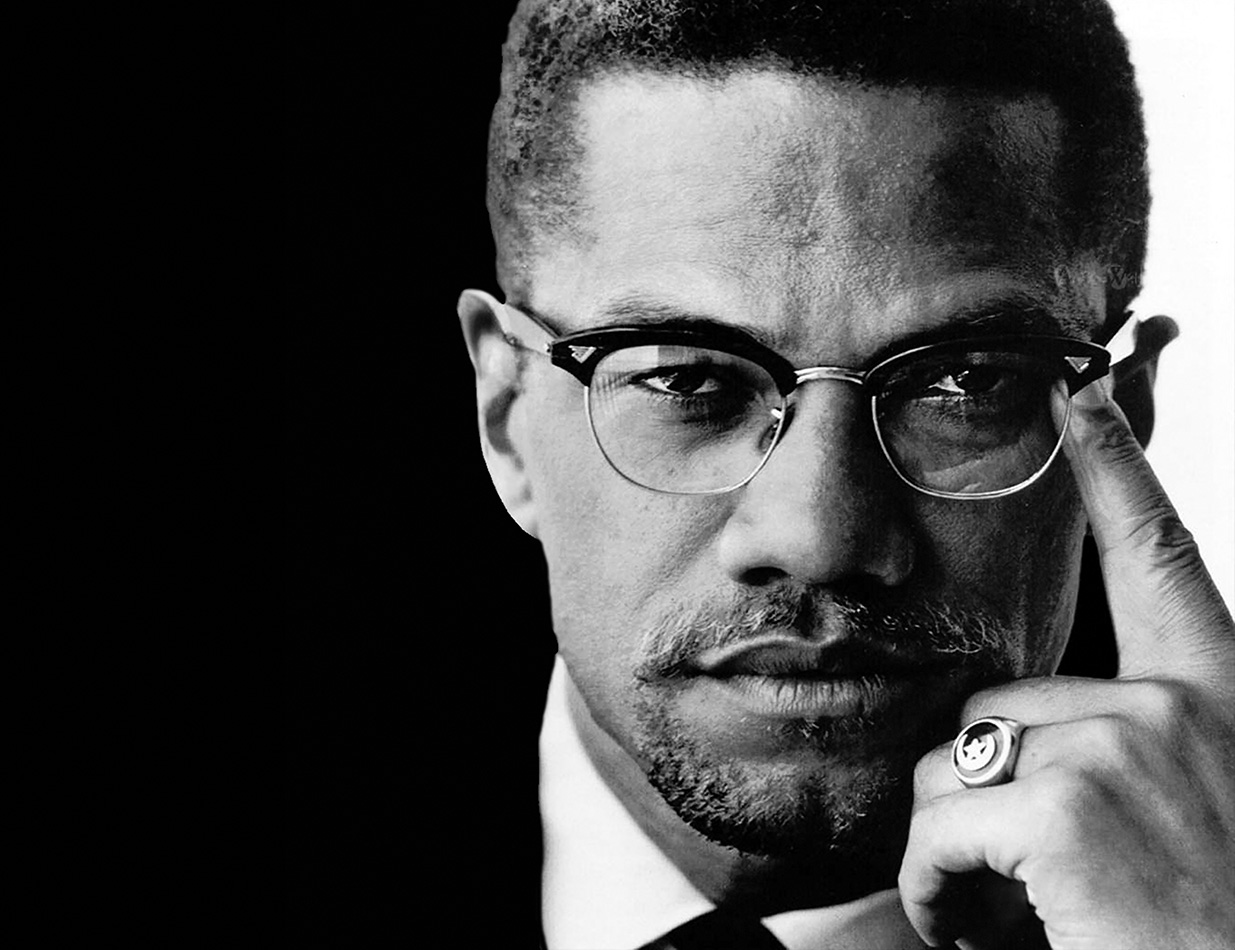“Ters” iletişimin başladığı yer
Where ”backwards” communication started
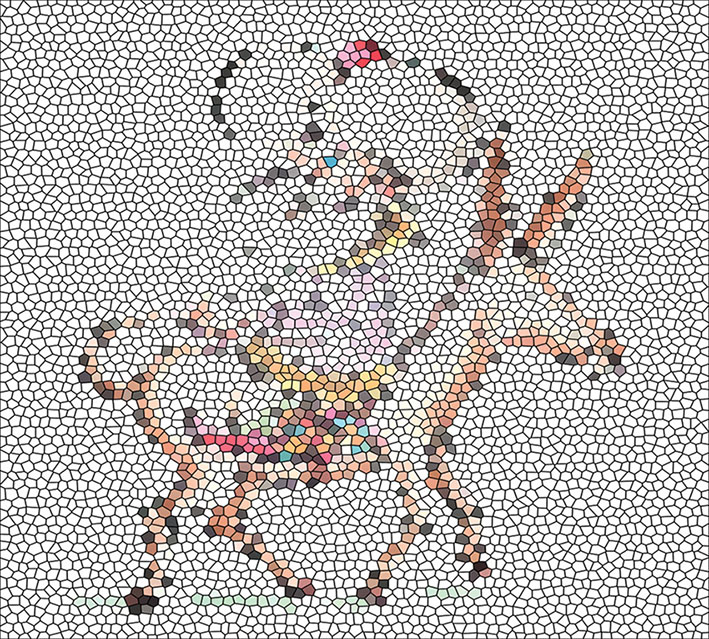
Çağında popülist bir filozof ve bilge olan Nasreddin Hoca’nın bir hikâyesinden kıssadan hisse çıkartmaya çalışan bir yazı okuyorsunuz. Son zamanlarda imkanlarımız artmasına rağmen “oldukça eksik kalan” bir yanımızdan bahsediyoruz, iletişimden…
Bir gün Hoca, eşeğine binerek, arkasına takılan bir kısım insanlarla birlikte, camiden eve dönerken birdenbire durur, hayvandan iner ve yüzü insanlara dönük olarak eşeğe ters biner, yani semere ters oturur. Bunu görenler yaptığı hareketin nedenini sorarlar.
Hoca şöyle der: “Düşündüm taşındım, eşeğime böyle binmeye karar verdim çünkü saygısızlığı hiç sevmem. Siz önüme düşseniz, arkanızı bana dönmüş olacaksınız; usulsüzlük saygısızlık olur. Ben önde gitsem, size arkamı çevirmiş olacağım ki bu da doğru değildir. Böyle ters bindiğim zaman ise hem ben önünüzden giderim, siz de ardımdan gelmiş olursunuz; hem de karşı karşıya bulunuruz!”
İnsanlara doğru yolu gösteren, iyilikleri bildiren, doğruya sevk eden ve kötülüklerden sakındıran birisinin bu hikâyeyi oluşturmasındaki neden çok açık aslında… Tabiatı gereği kendisine has yöntemleriyle halkın anlayacağı bir dil ve üslup geliştiren hoca, manidar latifeler ile anlatım gücünü kısa ve öz bir şekilde dile getiriyor… Fakat ilginç olan bugün yaşadığımız bir gerçeklik için harika bir anlatım olması…
Son dönemin iletişim kanallarının bize yaşattıklarını düşünmek bile Nasreddin Hoca’yı anlamak için yeterli. Televizyon, radyo, sinema, gazete ve dergiler gibi kitle iletişim kanallarının son dönem uzantıları, farklı şekillerde hepimizi etkiliyor. Popüler kültürün meyveleri olan tüm sosyal ağlar ve hepsi birbirinden ahenkli web siteleri bireysel iletişimimizin artık çok büyük parçaları. Öyle ki birçok kişi cep telefonu uygulamaları sayesinde yeni aşklara yelken açıp yine aynı programlarda ilişkilerine son verebiliyor. Cep telefonlarıyla temellenen ilişkiler yine aynı kanallarla evliliğe dahi dönüşebiliyor. Fakat bu yöntemlerle şekillenen evlilikler, insanlara yüksek oranla hüsran yaşatıyor. İşte Nasreddin Hoca’nın söylemek istediği de tam da burada gizli. İşaret ettiği şey yüz yüze iletişimin gücü. Araya koyulan her tür mesafenin iletişime verdiği zararlar… Yüzümüzdeki ifadelerin, el ve vücut hareketlerimizin, vücudumuzun, duruşumuzun ve göz temasımızın değeri…
Psikolog Danışman Prof. Dr. Üstün Dökmen’in Nasreddin Hoca’nın bu fıkrasına yaklaşımı ise bambaşka bir çerçeveden: “Statünün yarattığı sorunlar bir Nasreddin Hoca fıkrasında çok güzel bir şekilde irdelenmektedir. Nasreddin Hoca, eşeğiyle cemaatin önünde gittiğinde onlarla yüz yüze olamadığı, onlara sırtını döndüğü için sıkıntı duymaktadır. Cemaatin arkasından yürümesi ise, hocanın statüsü ile bağdaşmaz. Hoca bu sorunu, cemaatin önünde giden eşeğine ters binerek çözümler. Artık hem öndedir hem de cemaatle yüz yüzedir. Bulduğu bu çözüm yoluyla hoca yüksek statülü kişilerle halk arasındaki kopukluğu pek zarif bir biçimde parmak basmıştır (Dökmen, 1995, s.30–31).”
Kıssadan hisse ile hazırladığımız sorular ise şöyle: “İnternet üzerinden yaptığınız hangi sohbeti yıllar sonra çocuklarınıza anlatabilirsiniz? Sosyal medya üzerinden gelen doğum günü tebrikleri sizi ne kadar mutlu etti? Bayram tebriği olarak gelen sms’lerin sizin için anlam nedir?” Hangi yılbaşı mesajı unutamadıklarınız arasında?”
Hazırlayan: Sezai Evans
You are reading an article that tries to point a moral from a story of Nasreddin Hodja who was a populist philosopher and luminary at his age. We are talking about an aspect of us that has lately “come short” despite the increase in our resources: communication…
One day, as Hodja is riding his donkey he suddenly stops while returning home from the mosque with people who started following him, gets off his donkey and rides it backwards; that is he sits backwards on the saddle. Those who see him do so ask him why.
The Hodja replies: “I thought and pondered about this and decided to ride my donkey like this, because I don’t like disrespect at all. If you walk in front of me, you will have turned your back to me which would be disrespectful. If I ride my donkey in front, I will have turned my back on you which is also not true. When I ride my donkey backwards, I can go in front of you and you will be following me; but at the same time we will be facing each other!”
It is actually very clear why one who wants to show the right path to people, who declares the good and moves people towards what is right while helping them to stay away from evil makes up such a story… Hodja who by nature has developed a language and style that suits the local folk tells what he wants through meaningful jokes and a short and concise means of expression… However, it is even more interesting that his style is actually a great means of expression for the reality that we are living in…
Ona can understand Nasreddin Hodja even by thinking about what the recent communication channels made us go through. Latest extensions of mass communication channels such as television, radio, cinema, newspapers and magazines affect all of us in different ways. Social networks which can be considered as the fruit of popular culture and the many harmonious web-sites are among the most important aspects of our individual communication. So much so that, many people may set sail to new love affairs by way of cell phone applications or end their relations through the same software. Relations shaped by cell phones can even transform into marriages again through the same means. However, the marriages that are shaped by such methods lead people mostly to disappointment. Now, this is where the heart of the message of Nasreddin Hodja lies. It is the power of face-to-face communication that he is pointing at. The damage caused by all kinds of long distance communication… The value of the expressions on our faces, our hand and body movements, our posture and eye contact…
Psychologist Counselor Prof. Dr. Üstün Dökmen approaches this Nasreddin Hodja anecdote from a whole new perspective: “The problems caused by status are examined wonderfully in a Nasreddin Hodja anecdote. Nasreddin Hodja is troubled because he is riding his donkey in front of the congregation with his back turned towards them. It also conflicts with the status of the Hodja to walk behind the congregation. Thus, he solves this problem by riding his donkey backwards in front of the congregation. Now he is both in the front and also facing the congregation. In this way, the Hodja has managed to draw attention in an elegant way to the distance between people of higher status and the local public (Dökmen, 1995, s.30–31).”
These are the questions that we are asking as inferences: “Which of your online conversations can you tell your children many years later? How happy did you feel when you received birthday messages through social media? What do the SMS messages you receive on religious holidays mean for you? Which new year messages are unforgettable for you?”
Prepared by: Sezai Evans
